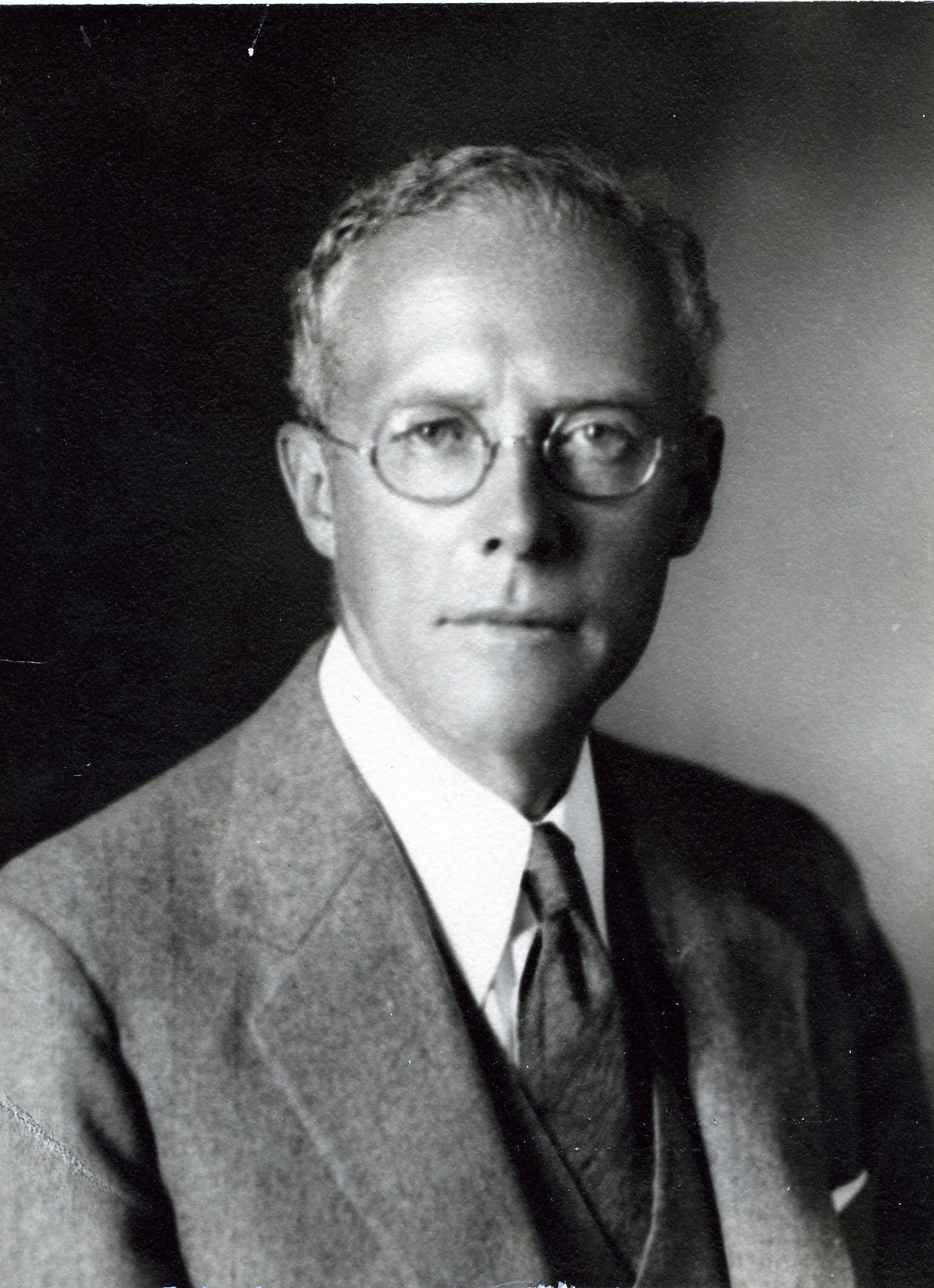Typography/Banking
Centurion, 1918–1933
Born 2 April 1874 in West Newton, Massachusetts
Died 16 October 1933 in Moreau, New York
Buried Fresh Pond Crematory and Columbarium , Middle Village, New York
, Middle Village, New York
Proposed by John S. Phillips and Bertram Grosvenor Goodhue
Elected 6 April 1918 at age forty-four
Century Memorial
It will somehow not seem possible that the Club is being kept to the high mark of social efficiency without the keen eye of Ingalls Kimball to watch for anything that is going wrong. By tradition, the House Committee is called severely to account unless things are moving rightly; but Kimball held the Club itself to a reckoning. He never disputed, but he usually had his way and the Club was glad of it. Few individuals were better known to frequenters of the Century, and there were few departments in the management of the Century which had not felt the stimulus of his active mind. On the larger questions of Club policy his judgment, in or out of the Board of Management, was quick, outspoken, practical. On the House Committee he was a pillar of strength. No detail escaped his alert and imaginative mind.
He was as energetic in reconstructing the kitchen service, in organizing the “special dinners,” in adapting the evening ménus to new requirements of the day, as in keeping the Club-house in condition or ensuring good talk or good music on a monthly-meeting night. Yet this was only part of his interest in life. Whenever the lean figure with the quizzical smile, the slightly stooping shoulders and the shrewdly observant eyes approached a group of fellow-Centurions, the others knew that the conversation would take a turn worth taking. Kimball never talked shop at the Century. He had made his mark in the walks of business as in the conducting of the Club-house, but in the Century he will be best remembered for himself, as one of those striking personalities which shape the character of social organizations.
Alexander Dana Noyes
1934 Century Association Yearbook

